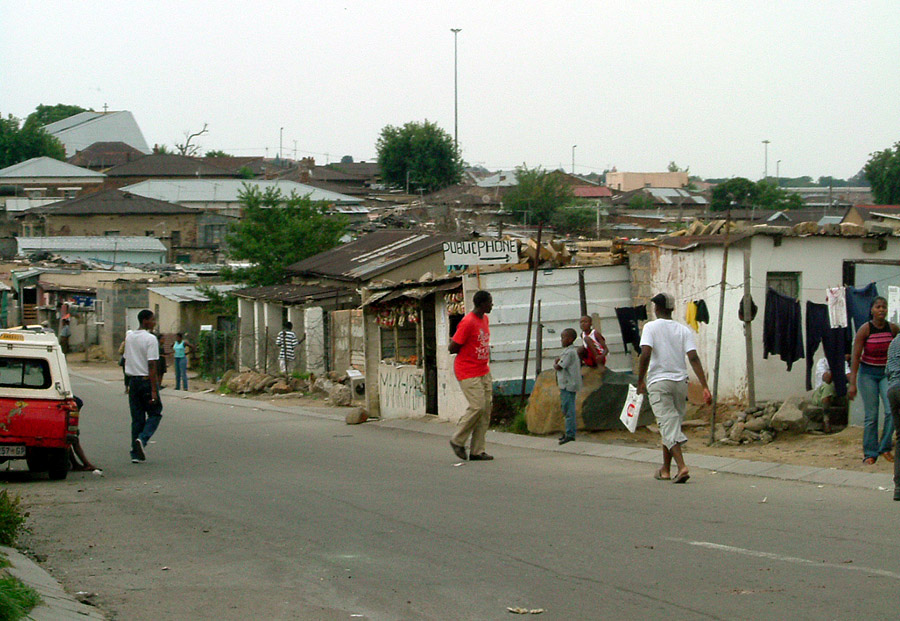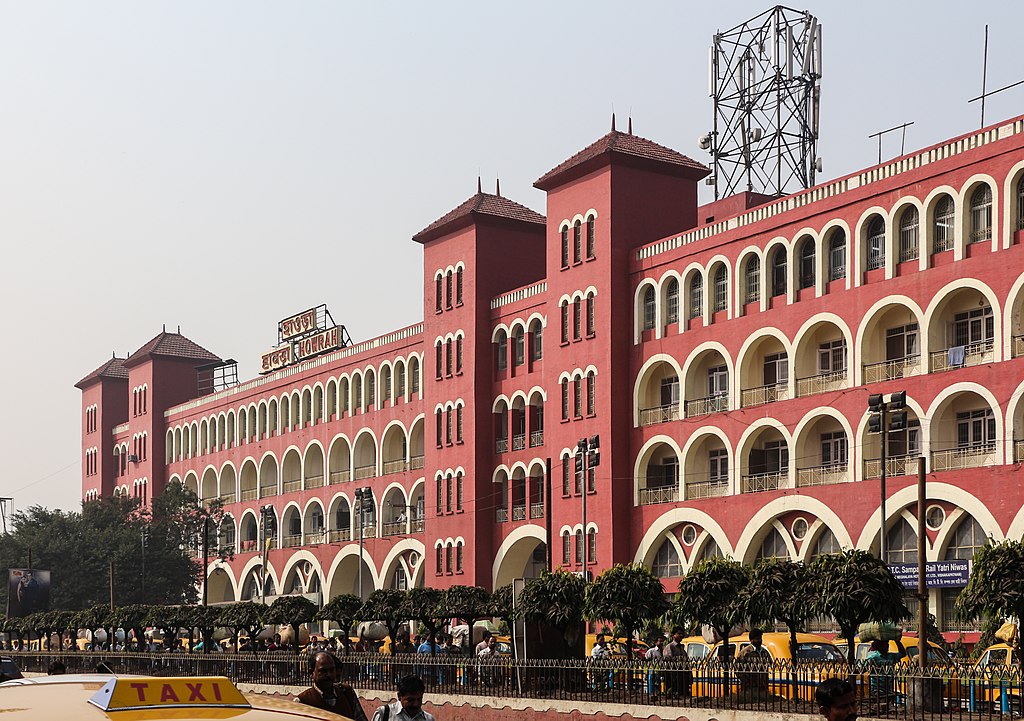During the last gasps of apartheid South Africa the surrounding countries that had taken in refugees and exiles from the townships suffered from car bombs and commando raids by special forces who suspected that ‘runaways were likely up to no good’. Quiet towns would shake with random explosions. Or letter bombs would send bloodied and deafened neighbors to local hospitals. And sometimes raiders came by night.
In the wee-hour darkness one winter, a dozen helicopters thrummed over our house in Botswana. Shortly after, there was a tattoo of automatic rifle fire raking the far side of town. Then the report of grenades. We lay sleepless until dawn, listening all the while to short-wave radio newscasts hoping for an account of the night’s happenings. Then came the word that apartheid raiders had touched down at multiple points in our town where they suspected refugees might be staying, leaving behind mounds of smoldering rubble. And anguished questions.
I was familiar with a shelter for refugees that would have been a likely target for such a ‘special military operation’. So, I raced away wanting to be sure my friends had not been caught up in the mayhem. A sandy track brought me rather to a rooming house now encircled by bewildered villagers. The structure was in ruins, and what remained standing was blackened by fire. Locals identified the sole casualty, an acquaintance of mine who frequented a village church and during evenings had volunteered to teach an adult literacy class in the elementary school: a harmless soul who had rented a room that was on someone’s watch list. ‘Intel’ gone wildly awry.

Wanting to see the scene up close, I stepped into the shattered space that had taken the brunt of the grenades. A whiff of spent explosive still hung in the air. His wooden furniture was splintered. Shattered glass, shredded curtains and belongings strewn everywhere. The inevitable pool of blood. As I turned to go, grieving at the futility of such madness, I noticed in a corner of the ruins two gas lamps. Improbably, their glass globes remained perfectly intact, the fragile mantles unbroken. It felt like a sign that the wherewithal for growth and learning, for illuminating worthy endeavors, had survived the violence.
But then the inescapable question: ‘Who will light the lamps now?’



I am continually perplexed as to what gives one person the right to hurt, maim, or kill another person.
too sad …. too bad…. too mad!
Yes, who will light the lamp? On Chicago’s west side? In Ukraine? In Syria? Lord, have mercy!
And even as we try to join churches to supply those household furnishings (lamps?) to evacuated Afghan refugees in USA, our attention has turned to our displaced Ukranian brothers!
The lamps get lit by people who are in the business of lighting lamps instead of cursing the darkness (a favorite quote of a friend to describe his organization’s non-confrontational messianic engagement with the Muslim World)